|
A beautifully composed ethnographic horror film that is quite singular in the way it integrates geographic and cultural specificity into more general folk horror sensibilities. The White Reindeer's aesthetic and formal design is familiar yet distinct, yet I found the film's underlying thematic relevance to be quite fascinating, being tenuously tailored around a deeply patriarchal way of life that is ripe for revisionist interpretation and investigation. An act of emotional desperation from a woman, driven by loneliness and emotional destitution as a housewife, brings great peril to the small community. Evil forces brought out by this act of individualistic desperation ultimately lead to communal horror, personal regret, and inevitable tragedy - a somewhat familiar motif, yet one that is interesting from the lens of feminism. One could interpret this story as either an implicit work of feminism or one deeply embedded with traditional patriarchal values. The denouement is one of devastation, not only for her but the man she loves, one that is arguably as much one of his creation due to neglect. For those interested in the subtext, White Reindeer is bountiful, not only in this regard but also as it relates to communal vs. individual desire, but make no mistake the film's text itself is also worthy of plenty of praise, being a beautifully constructed atmospheric piece of folk horror
0 Comments
No matter how much of Hong's work I see, the way he rapturously encapsulates the politics of social interaction with such jovial honesty and cutting simplicity always seems to strike me anew every time I consume another one of his works. The Woman Who Ran is more straightforward, less subversive from a formal or narrative perspective, and yet it remains a highly enjoyable and incisive work about relationships that feels familiar yet differential from Hong's work. It's interesting how the opening scene features the only real moment related to Hong's trope of alcohol-induced truth, with much of what follows in The Woman Who Ran being more grounded in spatialities of domesticated life in which old friends reminisce, often avoiding any type of confrontation when the immediacy of their divergent lives interjects and disrupts the casual pleasantries of old friendships. There is an interesting dichotomy between femininity and masculinity exhibited here. External conflict being almost exclusively incited by the injection of masculinity, whether it be the hilarious "Robber Cats" bit or the confrontation at the end of the film that subtly drives our main protagonist back to the theater in search of solace. Not entirely sure but there is something there I swear. Another quietly complex work from Hong that manages to feel light and breezy while it slyly and subtlety excavated underlying truths about consciousness, sociality, and perception.
Masahiro Shinoda's Epitaph to My Love is a peculiar, uneven romance that arguably feels more like a formal exercise in melodrama for Shinoda than a fully-formed entity. With that in mind, Epitaph to My Love remains a compelling and intriguing film ripe for intellectual investigation and inquiry. Shinoda's penchant for detailing the social ills of society from a youthful lens is embedded into the conceptual framework of this sweeping melodrama, with Epitaph to My Love being a story of lovers who find themselves separated by social-economic externalities that impede their internal desires. The pervasive nature of economic instability and the grand impediments it places on personal autonomy are wonderfully illustrated here. Poverty is untethered from any type of moral or ethical judgment and instead viewed as a restrictive force on those individuals trapped in it, their fears restricting their freedom of choice in a system where economic progress supplants social assurance. Our natural proclivity towards love and connection is ultimately one that is restricted due to societal conditions, and throughout Epitaph to My Love's heightened melodramatic narrative framework Shinoda details how such obstacles oppose the purity of human desire. Even memory itself, something wholly rooted in an individual's consciousness becomes coerced and manipulated by the larger external forces that be. Why I say this film feels like a formal exercise is because Masahiro Shinoda largely attempts to graft his underlying ideals onto a melodramatic framework. It's uneven but ultimately a memorable experience that exalts and examines how societal factors can ultimately subvert the purity of love.
A ruthless pimp takes on the Italian mob, crooked cops, and uppity woman who question his authority in the outrageously endearing The Candy Tangerine Man. From a hilariously transparent undercover cop in drag to a narrative twist that felt quite ahead of its time, The Candy Tangerine employs an episodic type structure of events that titillate and show a proclivity for playing in the mud, embracing its exploitation root. I was quite taken aback at the reveal that the titular double character lives a double life. Working as a pimp in the city, he runs incident after incident requiring his attention. Every weekend though, he retreats to the serenity that is the suburbs to be with his wife and kids where his neighbors are hilarious white suburbia caricatures. Featuring a sweet ride, clean suits, and a narrative chock full of memorable moments, The Candy Tangerine Man is pretty rad.
Effectively designed, Quo Vadis, Aida? is tense and progressively dire. The central characterization and the superb performance at the fulcrum of this story are vessels for elucidating the horrors capable by men, and the collective pain of the Bosnian genocide, which was so recent but largely forgotten among even the contemporary annals of history. Positioned around an intimate story of loss, Quo Vadis, Aida has a streamlined simplicity that is imbued with conviction. It's an elegy for the dead by way of one such woman's extreme loss. It doesn't ruminate on the why, it aims for exhibition and ultimately resignation, almost coming from a place of quiet acceptance about the perpetual nature of violence and conflict intrinsic to man.
Shyam Benegal's Bhumika is a rich social drama and an exceptional feminist text that beautifully illuminates the pervasive ways misogyny and the subservience of feminity are inoculated into all aspects of society. Tactical in its deployment of a familiar narrative archetype - a character rises from poverty and destitution to become a highly-renowned star - Bhumika illustrates the deep structural issues of this hyper-patriarchal culture, enunciated by the fact that even though our heroine rests in a position often associated with significant social and cultural capital, she remains subservient due to her gender, incapable of freeing herself from the deeply-embedded inequities of society. A tragedy of self-ownership and the subjugation of free will, whether in her profession or her personal life she is putting on a performance, navigating the wide-spread social subjugation expected of her as she fights tooth-and-nail for personal autonomy. Throughout this story structure her encounters with the opposite sex range from melodramatic to more quietly more-complex, yet at the core of every one of her relationships, she remains ornamental, an object not granted equal-footing. A life in which appeasement is a necessity, our heroine oscillates between attempting to not offend and fighting for her own free will. She is subservient to the masculine ego and ultimately she finds herself to have been manipulated both in her personal and professional life by the male gaze and the overarching sociality in which woman's status remains subjugated to male authority. In the end, this film is deeply tragic because at its core it's a story of a woman who wants love, not possession, and her inability to retain this in nearly every aspect of her life is emotionally devastating to witness. While she never acts on it, one must ponder if death itself remains her only avenue for freedom, a tragic but honest mindset to behold
Imbued with a romanticization of machismo and the honor among criminals bestowed to many similar films of this era of Hong Kong cinema and yet A Hero Never Dies is also a subversion of this trope. With A Hero Never Dies, To begins to re-contextualize heroic bloodshed with an emotional resolve rooted in love, compassion, and forgiveness, illuminating how the divisions created by legality or hierarchal structures themselves are trivial when compared to those of morality and the nature of being. The two men at the center of this story are rivals but ultimately their labor is nothing but utility for their bosses to extort. Their value is ephemeral to the powers that be and ultimately disposable. A visually kinetic experience that brings all the hyper-stylized action and visual panache one would expect from Johnnie To, yet this film feels like a moment where the filmmaker begins to seek out something beyond the 'honor among thieves' motif in his action films, A Hero Never Dies begins as a big, silly work of machismo that transcends into an emotional, heartful experience with underlying existentialism that transcends the material world.
A social-realist drama intent on elucidating our dysfunctional system and the inequities which persist while never losing sight of the relationship and individuals that rests at the fulcrum of its story. Proper allocation and attention to sexual assault is just a symptom of a larger problem in society, and the film juxtaposes these external deficiencies with the internal turmoil felt by our main protagonist beautifully. Internal trauma paired with external neglect yield a deadly analogous concoction of pain and entrapment - there is no reprieve for progression out of the darkness. Test Pattern beautifully constructs a pensive study of trauma and neglect, one that is emotionally affecting but embedded with an understated naturalism that never aims for polemics. Impressionist in moments but largely a film that attempts to avoid artifice, Test Pattern narratively follows a relationship under tremendous strain, not caused from within but from external forces that insidiously disrupt this healthy and loving relationship not only through the more explicit physical assault but also the lesser-seen neglect from a system in which justice feels rarely served. Justice is a necessity for healing and re-birth, one which our central protagonist seemingly will never get.
Dread-inducing formal stylings grafted beautifully onto an understated spy thriller that never subjugates its characterizations for the sake of narrative complexity. Wife of a Spy is another impeccably well-made film by Kurosawa, one that never devalues or divulges from its root intention - irrevocable, historical melodrama, telling a story of abject devotion as viewed through the prism of a wife's love for her husband. Some may find the film to be anti-climatic, but the denouement stings, imbued with a sense of ambiguity but one resolute in its depiction of the tragedy inflicted onto its central protagonist, a woman whose primary intentions throughout this low-key WWII spy film were never truly driven by any force other than love
The explicit text of Shinji Sômai's The Catch is a familial drama, a story that espouses the insidious nature of masculine hubris and the destructive effect it can have on the family unit. The story in itself is compelling - if perhaps a little too long - but what I find far more interesting is to view The Catch through the larger prism of society and its disregard for the working-class. Hard labor is a necessary utility for prosperity yet it is often neglected by society itself. The fisherman patriarch at the center of this story is self-destructive in a sense, but what Sômai also exposes is how this is simply a matter of perspective - the denigration such hard labor places on the body and soul internally calcifies the fisherman into a place of emotional solitude, his tough, cold exterior forged out of a life in which no sense of financial fortitude is sustainable. His rough exterior is actually born out of a place of love for his daughter, wanting something better for her despite his inability to express it. The son-in-law's arch is one infused out of masculine pride, incapable or unwilling to recognize his romanticization with labor that ultimately leads to tragedy as he himself forgets what is most important - his shared love with his wife. The Catch is a somewhat messy film narratively and thematically but there are interesting ideas embedded into its conceptual framework related to gender-normative notions of masculinity and social neglect of the working-class.
|
AuthorLove of all things cinema brought me here. Archives
June 2023
|
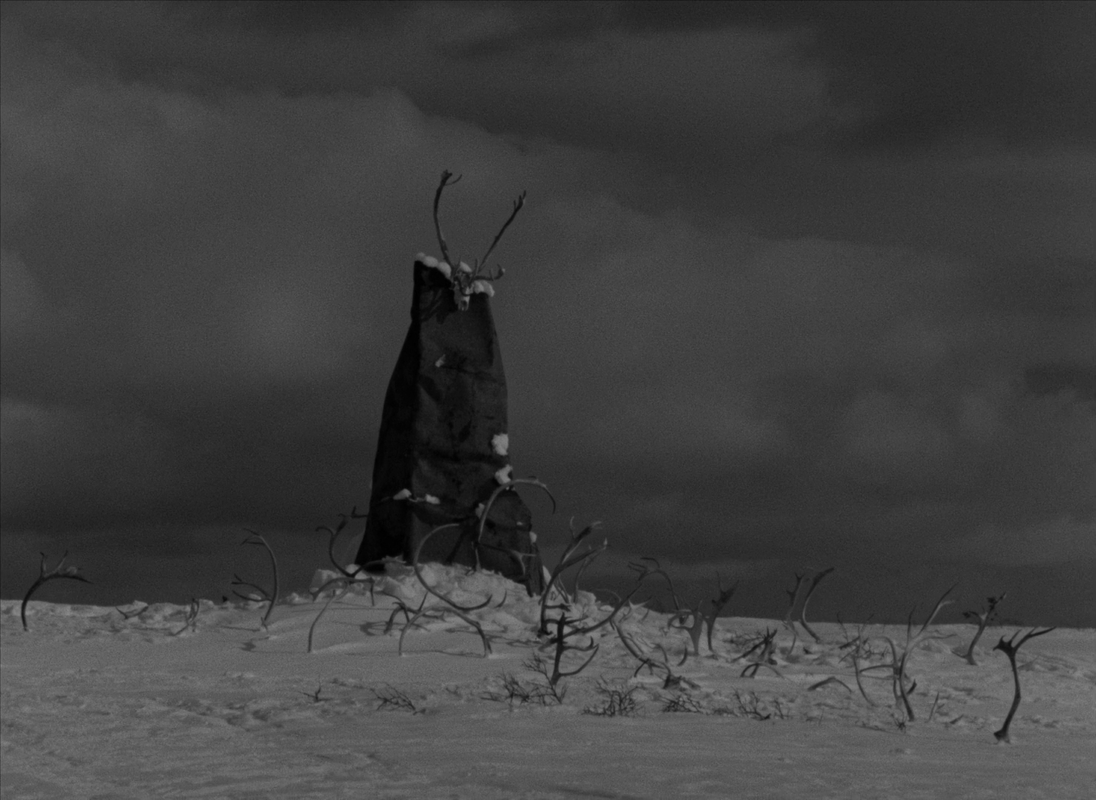

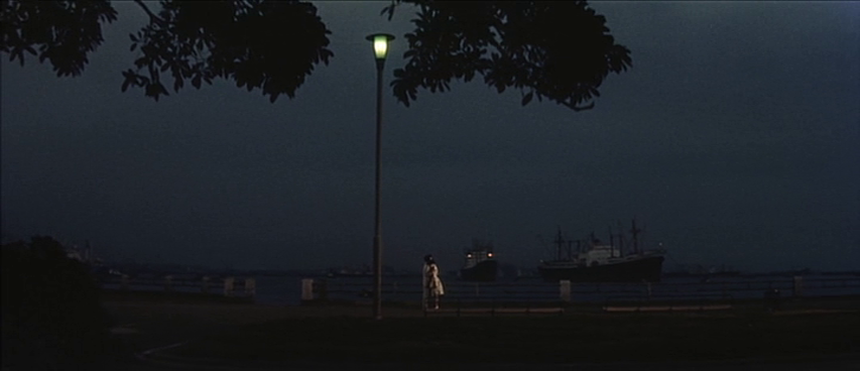
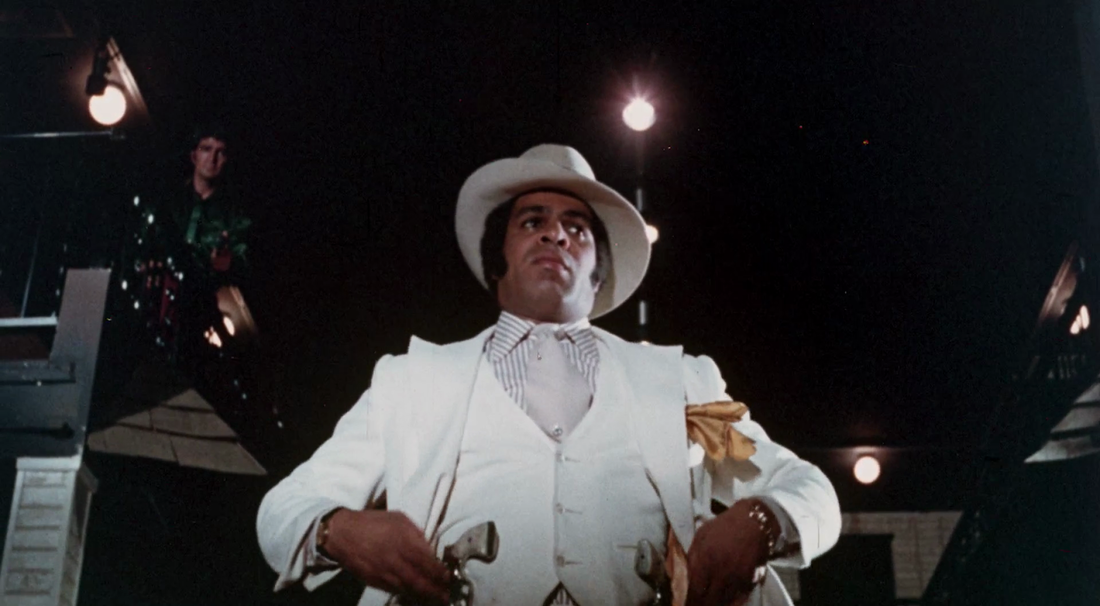

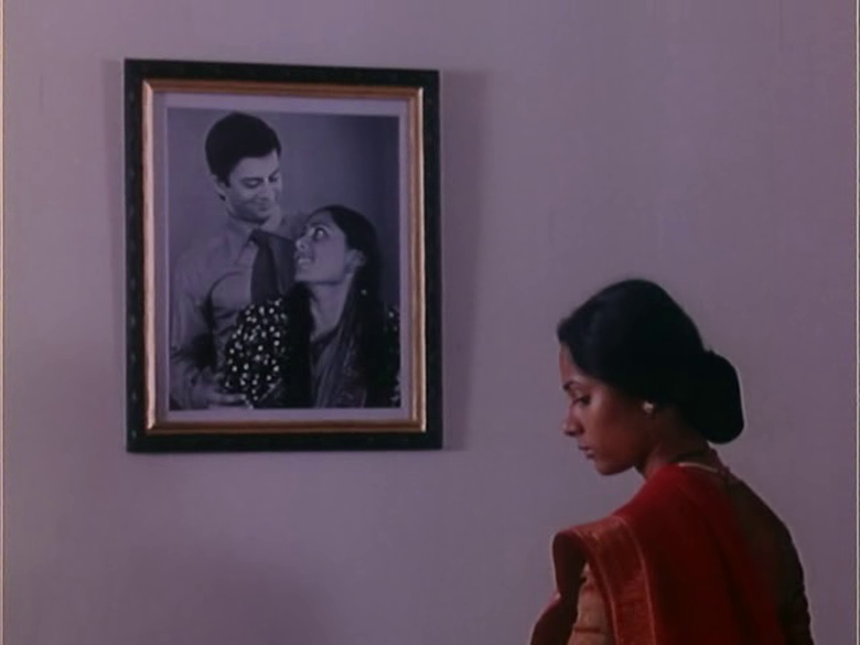
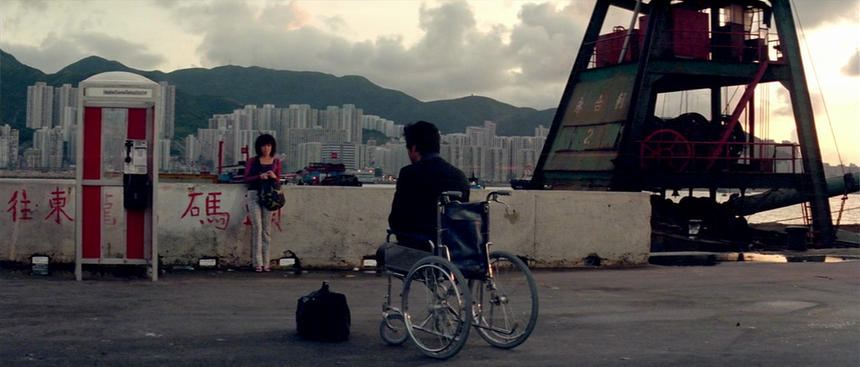
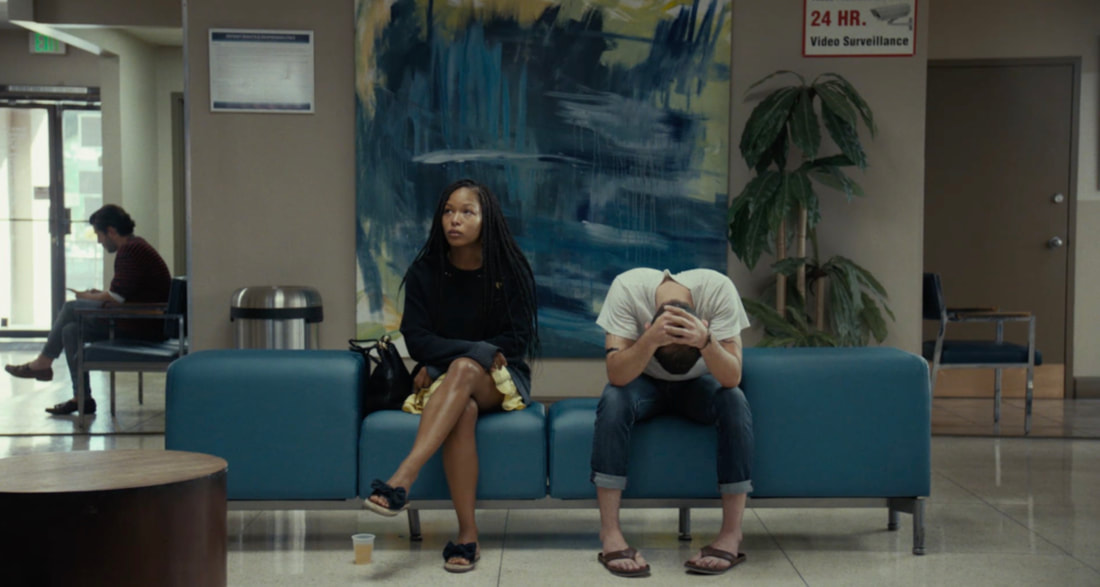
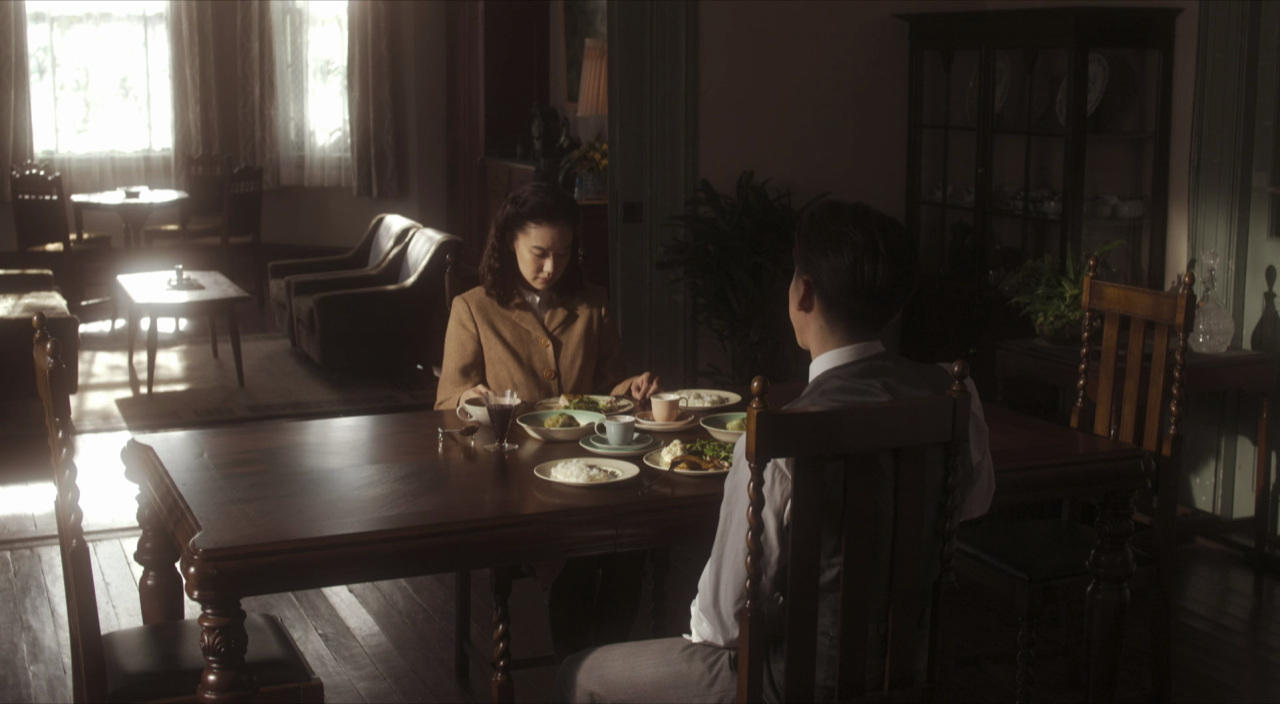
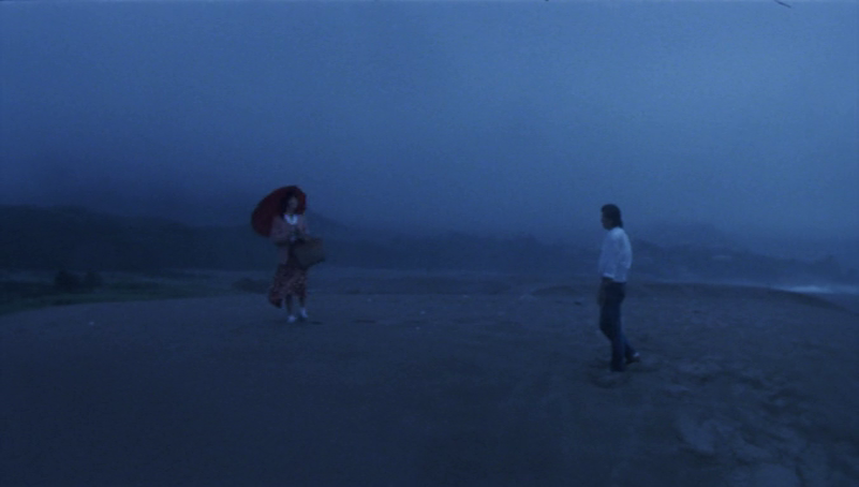
 RSS Feed
RSS Feed
